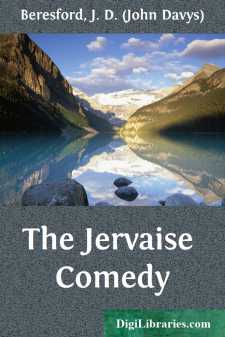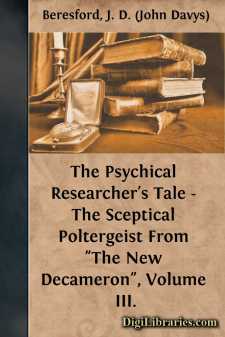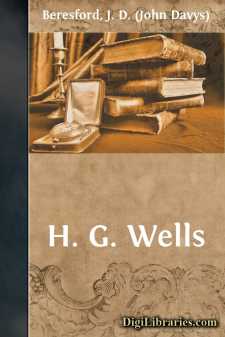Categories
- Antiques & Collectibles 13
- Architecture 36
- Art 48
- Bibles 22
- Biography & Autobiography 816
- Body, Mind & Spirit 145
- Business & Economics 28
- Children's Books 17
- Children's Fiction 14
- Computers 4
- Cooking 94
- Crafts & Hobbies 4
- Drama 346
- Education 58
- Family & Relationships 59
- Fiction 11834
- Foreign Language Study 3
- Games 19
- Gardening 17
- Health & Fitness 34
- History 1378
- House & Home 1
- Humor 147
- Juvenile Fiction 1873
- Juvenile Nonfiction 202
- Language Arts & Disciplines 89
- Law 16
- Literary Collections 686
- Literary Criticism 179
- Mathematics 13
- Medical 41
- Music 40
- Nature 179
- Non-Classifiable 1768
- Performing Arts 7
- Periodicals 1453
- Philosophy 66
- Photography 2
- Poetry 897
- Political Science 203
- Psychology 45
- Reference 154
- Religion 516
- Science 126
- Self-Help 85
- Social Science 82
- Sports & Recreation 34
- Study Aids 3
- Technology & Engineering 59
- Transportation 23
- Travel 463
- True Crime 29
Our website is made possible by displaying online advertisements to our visitors.
Please consider supporting us by disabling your ad blocker.
The Jervaise Comedy
Description:
Excerpt
The First Hour
When I was actually experiencing the thrill, it came delightfully, however, blended with a threat that proclaimed the imminent consequence of dismay. I appreciated the coming of the thrill, as a rare and unexpected “dramatic moment.” I savoured and enjoyed it as a real adventure suddenly presented in the midst of the common business of life. I imaginatively transplanted the scene from the Hall of Thorp-Jervaise to a West-End theatre; and in my instant part of unoccupied spectator I admired the art with which the affair had been staged. It is so seldom that we are given an opportunity to witness one of these “high moments,” and naturally enough I began instinctively to turn the scene into literature; admitting without hesitation, as I am often forced to admit, that the detail of reality is so much better and more typical than any I can invent.
But, having said that, I wonder how far one does invent in such an experience? The same night I hinted something of my appreciation of the dramatic quality of the stir at the Hall door to Frank Jervaise, Brenda’s brother, and he, quite obviously, had altogether missed that aspect of the affair. He scowled with that forensic, bullying air he is so successfully practising at the Junior Bar, as he said, “I suppose you realise just what this may mean, to all of us?”
Jervaise evidently had failed to appreciate the detail that I had relished with such delight. He had certainly not savoured the quality of it. And in one sense I may claim to have invented the business of the scene. I may have added to it by my imaginative participation. In any case my understanding as interpreter was the prime essential—a fact that shows how absurd it is to speak of “photographic detail” in literature, or indeed to attempt a proper differentiation between realism and romance.
We were all of us in the Hall, an inattentive, chattering audience of between twenty and thirty people. The last dance had been stopped at ten minutes to twelve, in order that the local parson and his wife—their name was Sturton—might be out of the house of entertainment before the first stroke of Sunday morning. Every one was wound up to a pitch of satisfied excitement. The Cinderella had been a success. The floor and the music and the supper had been good, Mrs. Jervaise had thrown off her air of pre-occupation with some distasteful suspicion, and we had all been entertained and happy. And yet these causes for satisfaction had been nothing more than a setting for Brenda Jervaise. It was she who had stimulated us, given us a lead and kept us dancing to the tune of her exciting personality. She had made all the difference between an ordinarily successful dance and what Mrs. Sturton at the open door continually described as “a really delightful evening.”
She had to repeat the phrase, because with the first stroke of midnight ringing out from the big clock over the stables, came also the first intimation of the new movement....





